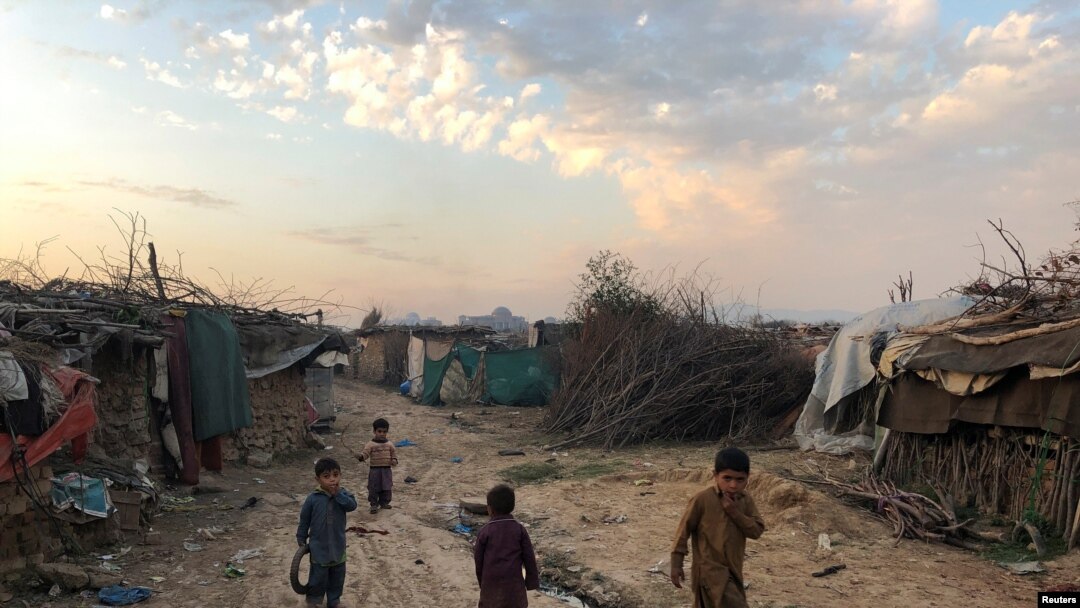Nearly 2.5 million Afghans live in Pakistan as either registered or undocumented refugees. Their lives have been upended by the coronavirus lockdown, but they seem to be getting little attention.
This Afghan refugee settlement in Islamabad doesn’t have electricity or other basic facilities.
Most people here depend on day work for their living. As the novel coronavirus spread and the country went into a partial lockdown, their livelihoods were nearly destroyed.
“These people hardly made $3-4 per day. Some of them picked up paper from the streets or trash for recycling, some worked as motorcycle mechanics. All of them are now sitting at home,” said Abdul Hameed, Afghan Refugee Representative.
An estimated 800 families, or around 5,000 individuals, live in this settlement. Many of them work at the nearby vegetable market.
“Ever since the coronavirus has spread, the authorities don’t allow us to gather inside the market. We wait along the roadside all day long, but no one gives us work,” said Abdul Khaliq, a day worker.
Your browser doesn’t support HTML5
Afghan Refugees in Pakistan Suffer under Coronavirus Lockdown
Refugees living in other cities tell similar stories.
On Tuesday, the U.N. High Commissioner for Refugees announced a cash assistance program for some of them. A two-month delay in making the aid available was blamed on a lack of resources.
“We realized that we would need money that we did not have. We had to go very quickly to donors to explain the level of intervention that we wanted to do. We needed to get confident that the donors were going to support that,” said Iain Hall, Deputy Representative of UNHCR Pakistan.
The U.N. agency acknowledges that the money, while helpful, is not enough to help everyone in need. In addition, half of the nearly three million Afghans living in Pakistan don’t have official refugee status and do not fall under the agency’s mandate.
Meanwhile, in this Islamabad settlement, people have no option but to wait.


